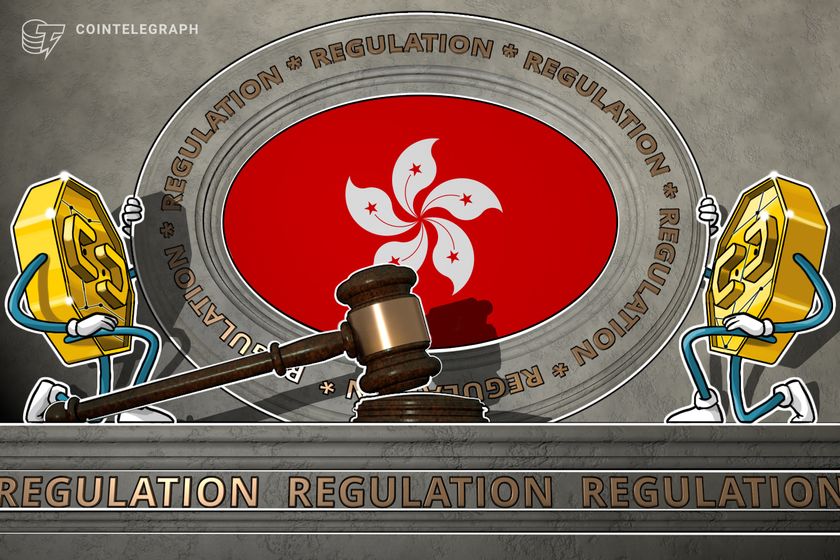BlockShow unites with BlockDown for a crypto festival in Hong Kong


BlockShow marks its return to in-person conferences by joining forces with BlockDown to bring a crypto festival to an iconic Hong Kong location in May 2024.
BlockShow, a major global conference devoted to the blockchain and cryptocurrency industry, is making a comeback after four years, joining forces with BlockDown Festival — powered by public relations agency EAK Digital — to bring a festival-like Web3 event to Hong Kong in 2024.
First launched in 2016, BlockShow is backed by the blockchain industry publication Cointelegraph and will work closely with EAK to produce the BlockShow X BlockDown, the Asia edition, which will take place at Hong Kong’s government-backed Cyberport venue. Known for hosting prominent Web3 companies such as Animoca Brands, Cyberport is the Silicon Valley of Hong Kong and will be the primary venue for the main BlockShow X BlockDown Asia event.
The main conference will take place from May 8 to 9, 2024, and will be accompanied by side events across several additional days. Choosing Hong Kong was only natural, with the region’s growth as a global technology and Web3 hub in recent years making it the perfect location. The Cyberport will be transformed into Web3 city, with access to multiple floors, exhibition spaces, galleries, meeting zones, cafes, restaurants, workshop rooms, open-air spaces and more.


















